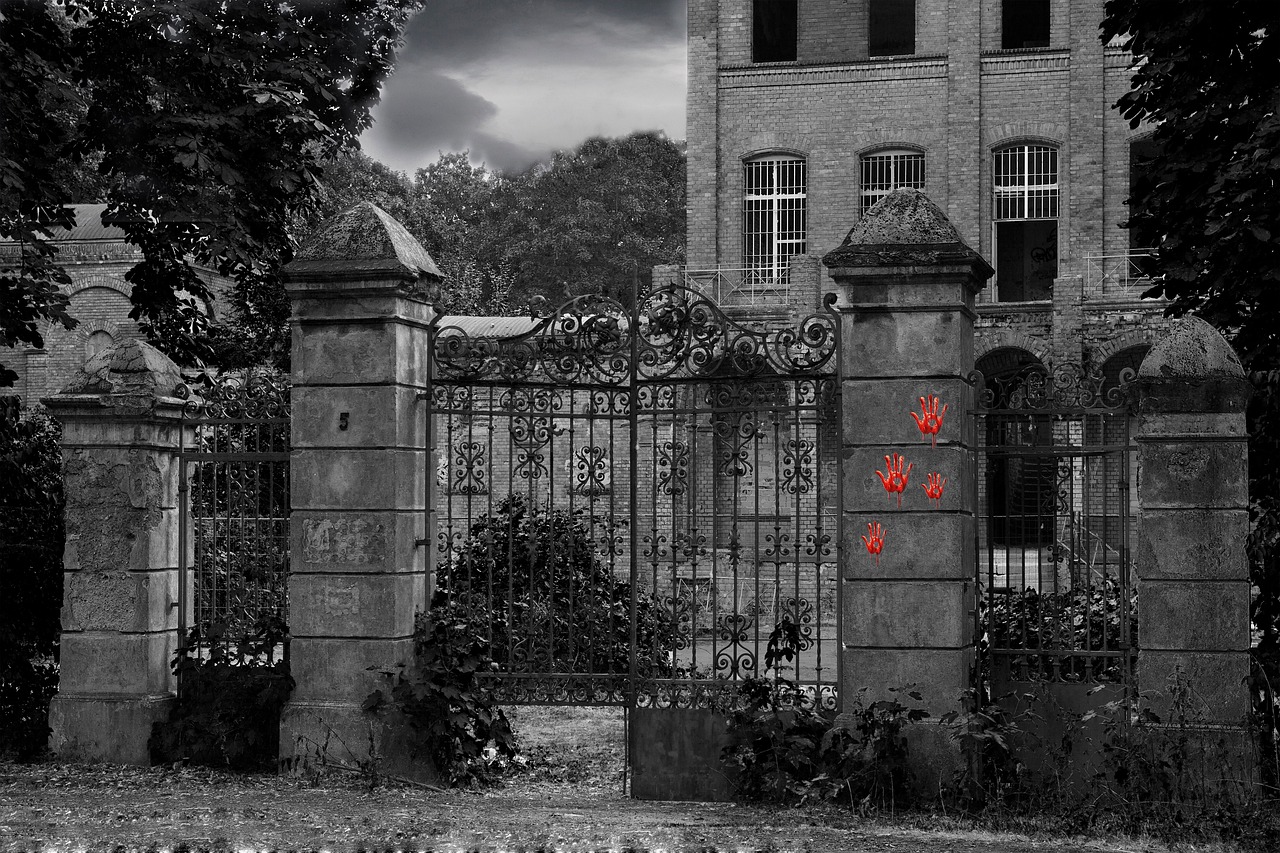A house is not a luxury; it is a functional prerequisite. It provides you with shelter, privacy and security. Truth to be told, we all need that place of comfort and that firm place that cements our position in the community. Owning a house can also give us a sense of accomplishment. However, whether you are looking for a single-family home or an apartment, it’s not easy to buy a house. And, even when you can afford one, they come with histories and when I talk about “histories”, I’m referring to murders, rapes, tragic accidents and other grisly happenings.
In US, there are many houses that are sold with their warts, wrinkles and so on. That means that if you didn’t do any professional and licensed home inspection, you could end up buying a house with a leaky roof, a sub-standard electrical system or with asbestos in the walls. Honestly, that is so much better compared to buying a house with history –a dark and grisly history.
So, what really happens when you have a property with a dark past? Can you put it on the market? Or, as a buyer, what is your option? Is it safe to buy such property?
Thousands of questions arise when it comes to buying or selling houses with major incidents. This is why we’ve asked some experts to shed some light on this topic.
Disclosure
 Even without a professional structural house inspection, you can identify if a house is going to collapse and thus avoid buying it. However, it is nearly impossible to identify properties with tragic pasts. Why?
Even without a professional structural house inspection, you can identify if a house is going to collapse and thus avoid buying it. However, it is nearly impossible to identify properties with tragic pasts. Why?
Because most of the times, you won’t find any cracks in the foundation of the house, any faulty wiring or an unsafe heating system. Instead, it could be the prettiest house in the nicest neighborhood, with breathtaking aesthetics and fantastic “bones”, which is the reason why most people fail to identify a property with dark past.
So, if you don’t want to end up with a lawsuit after selling such a house, it is important to disclose this important piece of information. And, in the case of a buyer, you need to know that you have the right to ask for such information.
For instance, in 2004, the Sydney house in which Sef Gonzales, a Filipino Australian man, killed all of his family members, was sold to some people who were completely unaware of the grisly incident that happened in the house. However, once they found out, they were not happy with the purchase and didn’t want to live in the house. Following that case, a revision was made to the NSW laws concerning disclosure. And, as a result, the real estate agent had to refund their money and the house was later sold for less than the original price.
Cultural Sensitivities
 Houses with histories don’t involve only legal consequences but also cultural ones. We are living in a culturally diverse world and whether you believe it or not, superstitions are still very much alive today.
Houses with histories don’t involve only legal consequences but also cultural ones. We are living in a culturally diverse world and whether you believe it or not, superstitions are still very much alive today.
The world may have evolved with more people being educated and more advances in science and technology, but there are some, or rather many, who still hold superstitious beliefs. For instance, did you know that there are many traditions and rituals performed by Europeans, Asians, Africans and North Americans before they move into a new home? And, did you know that superstition is the major reason behind carrying out these rituals?
Let’s hear what Tim McKibbin, CEO of the Real Estate Institute of NSW (REINSW), has to say about this:
“If someone told me that a person died in this home it wouldn’t bother me but I know it would bother members of my own family,” Tim says. “I know some people don’t like buying properties where there has been a divorce. Some cultures don’t like particular house numbers, some hotels don’t have certain floors.”




If some one wants to be updated with latest technologies afterward he must be pay a visit this web site and be up to
date every day.